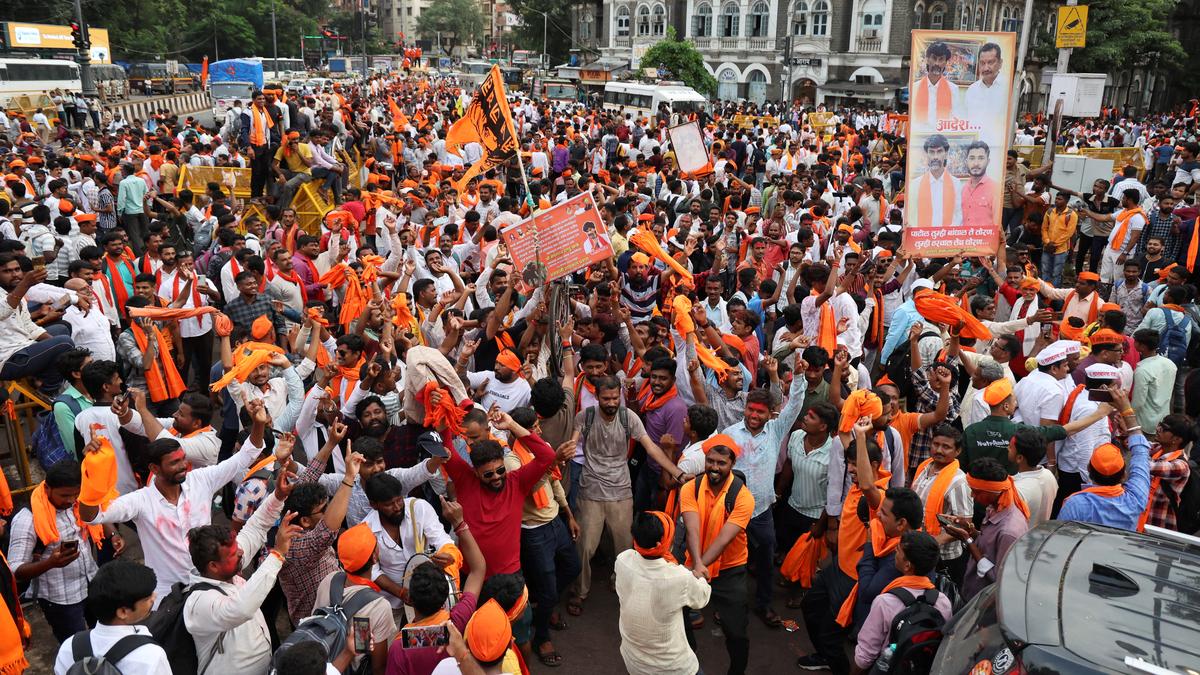Now Reading: Bombay High Court PILs Question Maratha-Kunbi Certificate Decision
-
01
Bombay High Court PILs Question Maratha-Kunbi Certificate Decision
Bombay High Court PILs Question Maratha-Kunbi Certificate Decision

Speedy Summary
- Maharashtra government issued a resolution (GR) on September 2, 2025, allowing Marathas to obtain Kunbi caste certificates and avail reservation under the OBC category.
- Several Public Interest Litigations (PILs) have been filed in the Bombay High Court challenging the GR,alleging it is arbitrary and unconstitutional.
- Petitioners argue the decision lacks sufficient data, bypasses statutory safeguards under the Caste Certificates Act of 2000, and violates Article 14 of the Constitution.
- activist Manoj Jarange-Patil had led an indefinite hunger strike in August 2025 to push for this demand; his protest drew widespread support and compelled negotiations with the government.
- Critics point out contradictions within consecutive governments as 2004 regarding granting Kunbi certificates to marathas.
- The State’s use of Hyderabad gazette entries for issuing these certificates has raised concerns among OBC organizations about dilution of their reservation rights.
Indian Opinion Analysis
The PILs against maharashtra’s GR mark a critical juncture in India’s complex reservation landscape. While addressing long-standing demands from segments of society like Marathas could alleviate socio-political unrest temporarily, legal scrutiny over procedural diligence is unavoidable-and logical-given constitutional constraints. The argument that successive governments have contradicted themselves over time underscores how sensitive caste-based decisions can be when intertwined with political pressures.
The broader implication involves balancing fairness in access without eroding existing mechanisms established for historically disadvantaged communities under OBC quotas-a concern amplifying tensions as resource allocation remains finite amidst growing demands. Future deliberations will likely weigh not just legal merit but potential reverberations through social fabric cohesion across India.
Read more at source

























